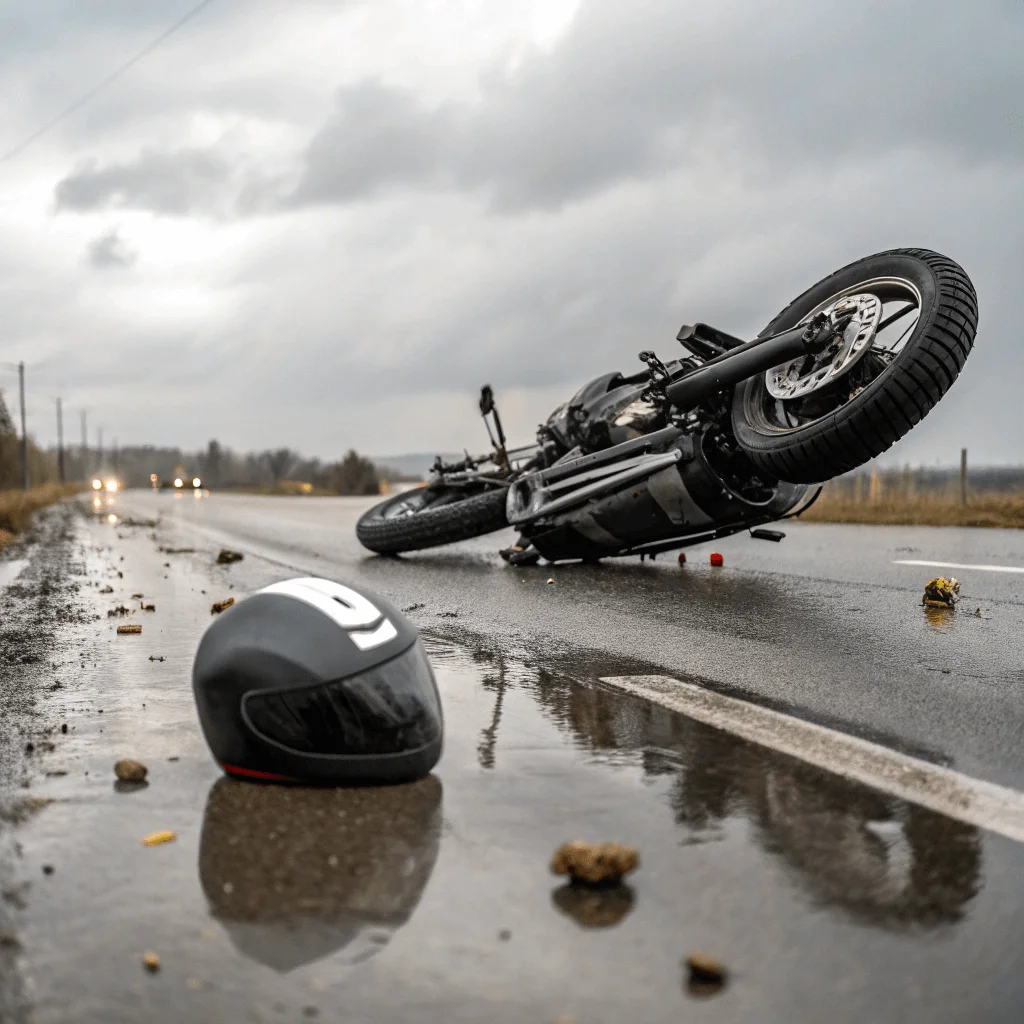A motorcycle accident can happen in an instant, leaving the rider shocked and unsure of what to do next. The moments after a crash are critical for both safety and legal reasons. Injuries can range from minor bruises to life-changing trauma, and emotions often run high. Taking the right actions immediately after the accident can make a major difference in recovery and future claims. It is important to remain calm, protect your health, and collect information that may help later. Many injured riders benefit from learning the steps to take after a motorcycle accident to ensure they handle the situation correctly from the start. Knowing what to do first helps protect your well-being and your legal rights as you begin the recovery process.
Prioritize Medical Care
The first and most important step after a motorcycle accident is getting medical attention. Even if you feel fine, some injuries may not be obvious right away. Internal bleeding, concussions, and soft tissue injuries can develop hours or even days after a crash. Seeing a doctor protects your health and provides records that can help with an insurance or injury claim. Emergency responders at the scene can provide immediate care and help determine if you need further treatment. Prioritizing your health from the beginning shows that you are taking the situation seriously.
Contact Law Enforcement
Once your safety is secure, contacting the police is the next essential step. Officers will document the accident, take statements from everyone involved, and prepare an official report. This record can be significant evidence when determining liability and fault later. A police report explains what happened, especially if another driver caused the crash by being distracted or driving unsafely. Make sure the report includes all key information, including location, time, and the names of any witnesses. Having this official documentation strengthens your position if you need to pursue compensation.
Gather Evidence at the Scene
If you are physically able, obtaining evidence at the accident site can make a big difference in your case. Take photos of the vehicles, the road conditions, and any visible injuries. These images help show what happened and can support your version of events. Getting contact details from witnesses is also useful, as their statements can help confirm who was at fault. If the other driver leaves or will not share insurance information, stay calm and think about what you remember. Write down anything you can about them or their car. The more information you have, the easier it will be for your attorney to build a strong claim later.
Notify Your Insurance Company
After leaving the scene and receiving medical care, it is important to contact your insurance company. Reporting the accident quickly ensures that the claims process starts without delay. Be honest when you talk to your insurer, but only share the facts about what happened, not who you think caused the crash. Some insurance companies may try to minimize payouts, so having documentation like photos and medical records can help. Keep copies of every report and communication related to the accident. These records will be useful for both your insurer and your attorney if a legal claim becomes necessary.
Seek Legal Guidance
Navigating the aftermath of a motorcycle accident can be stressful, especially when dealing with injuries and financial pressures. An experienced attorney can guide you through the legal process and protect your rights. Lawyers who focus on motorcycle accidents know how to work with insurance companies and collect the proof needed for fair compensation. They can also manage paperwork and deadlines while you focus on recovery. Getting legal help early can make things easier and prevent mistakes that might hurt your case.
Taking the right steps after a motorcycle accident can protect your health, your financial stability, and your legal rights. Immediate medical care, police involvement, and careful documentation all play a vital role in building a strong case. Reaching out to insurance and legal professionals ensures that your recovery and compensation are handled properly. Each action you take following the crash contributes to your safety and your future well-being. With the right help and support, you can begin to recover and rebuild after a difficult time.
